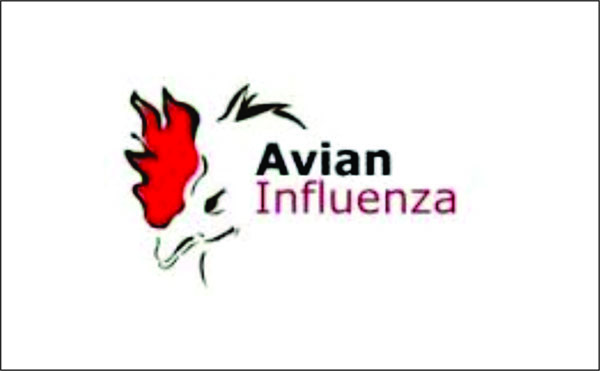
Unfortunately, Nebraska has HPAI H5N2 in a commercial flock of laying hens in Dixon County. This is the same virus that has been infecting turkeys in MN and WI and laying hens in the state of IA for the past 3 months. It is a deadly flu virus to poultry, killing as many as 90% of the flock within 3 days of the first symptoms. The major source of the virus has been migrating waterfowl, but it is believed to be airborne now traveling on numerous vectors to include people’s clothing, vehicles and other animals that may have come into contact with migrating waterfowl excrement, dust, etc. The good news is that Biosecurity measures such as disinfecting all equipment coming into contact with your bird’s environment will help keep it out of small flocks. It is highly advised that backyard flock owners move their birds into indoor shelters and keep them away from interaction with migrating waterfowl on ponds. Simply do not share pasture or space, water with wild birds. This may be hard for some backyard folks, but they are just as susceptible to this nasty virus as the big producers. USDA is working quickly on an AI vaccine; it does have some problems matching strains to what the outbreak virus is (just as in human vaccine development). One other positive outcome is that this strain of AI is not harmful to humans; it is species specific to birds.
The USDA/APHIS websites provide current updates about breaks http://www.aphis.usda.gov/wps/portal/aphis/home/
Infected birds that do not perish by natural causes are euthanized when a premise is tested positive and birds are composted on site. If backyard flocks have high mortality, we urge you to call the Nebraska Department of Ag at 877-800-4080. We have had quite a few inquiries from backyard producers who just got their chicks from local farm stores. All of those chicks should be clean; breeders could not sell chicks from positive flocks according to State and National regulations. The virus can incubate and live in an environment for up to 3 weeks before the birds become sick. That is why Biosecurity is the best precaution. Do not visit your neighbors flock, live bird auctions or parks with migrating birds, stay in a high awareness alert to protect your birds.
We will be providing updates on this important issue in Keeping up on a biweekly basis.
If you have questions, please feel free to call Dr. Sheila Purdum, Extension Poultry Specialist, 402-472-6362; spurdum2@unl.edu